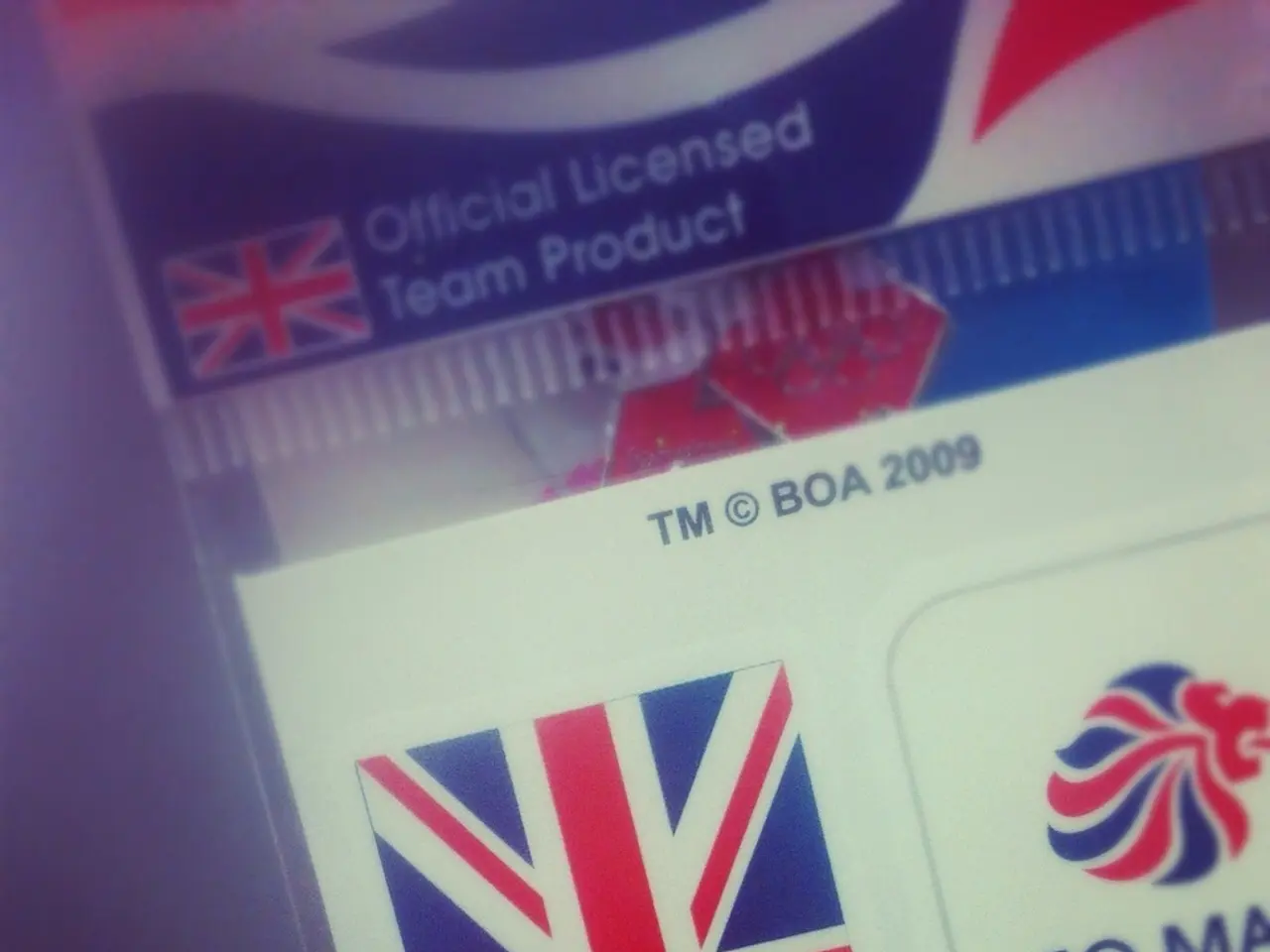Wealthy individuals granted access, as the door is locked for experts under Trump's administration
The U.S. President, Donald Trump, has signed executive orders for two new immigration programs: the "Gold Card" and the "Platinum Card." These initiatives, designed to attract wealthy immigrants, have sparked a wave of debate and criticism.
Initially, 80,000 "Gold Cards" will be available, with the number subject to review by Trump. The "Gold Card" program, similar to a "Green Card" in rights, grants permanent residency and holders may potentially apply for citizenship after a certain period. This contrasts with the H-1B visa, which currently has a processing fee of a few thousand dollars, and does not offer a path to citizenship.
The "Gold Card," priced at $1 million, is intended to encourage companies to consider hiring American workers instead. Lutnick, a minister, announced at the White House that this step was intended to foster such a shift. However, the legal sustainability of the "Gold Card" regulation is uncertain.
The "Trump Platinum Card," requiring congressional approval, is planned for $5 million. It offers up to 270 days of stay per year without paying U.S. taxes on income earned outside the U.S., but does not provide a path to citizenship. The government projects the "Gold Card" program to generate over $100 billion for the U.S., and the "Platinum" program to bring in around $1 trillion, without specifying the timeframe.
Meanwhile, the "Trump Platinum Card" is not yet as far along in implementation as the "Gold Card" program. Trump encourages people to buy the "Trump Gold Card" through his Truth Social platform, but the exact planned launch date of the "Platinum Card" in the USA is uncertain.
The new regulation has been criticized for potentially taking jobs away from American employees. Foreigners who came to the U.S. with an H-1B visa have made significant contributions to the success of Silicon Valley, with many coming from India. The CEOs of major tech companies have been trying to build a closer relationship with the Trump administration for months, but their efforts appear to have been in vain in the case of visa rules.
The U.S. government plans to impose a $100,000 annual fee for the H-1B visa category, currently around $85,000. This move will require companies to consider whether a job candidate is valuable enough to warrant paying an additional $100,000 to the government on top of their salary.
The Trump administration has left a backdoor open for exceptions to be made for individuals, companies, or entire industries if the government deems the use of certain specialized skills to be in the national interest. This provision aims to make it less likely for U.S. companies to bring in and train inexperienced employees.
Despite the criticism, Trump still claims that the tech companies will "certainly be very happy" with the new regulation. The future of these programs remains uncertain, as they await further developments and potential challenges in the courts.
Read also:
- Trade Disputes Escalate: Trump Imposes Tariffs, India Retaliates; threatened boycott ranges from McDonald's, Coca-Cola to iPhones
- Aquatech purchases Koch's Direct Lithium Extraction business, merging Li-ProTM DLE technology into the PEARLTM Technology Platform.
- Nepal's Journey: Evolution from Street Life to Political Power
- Li Auto faces scrutiny after crash test involving i8 model and a truck manufacturer sparks controversy




